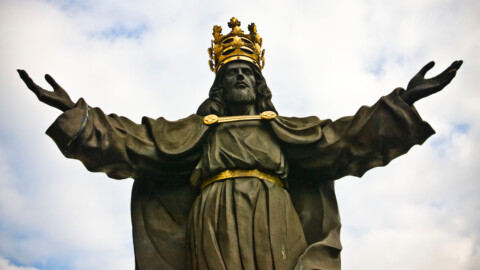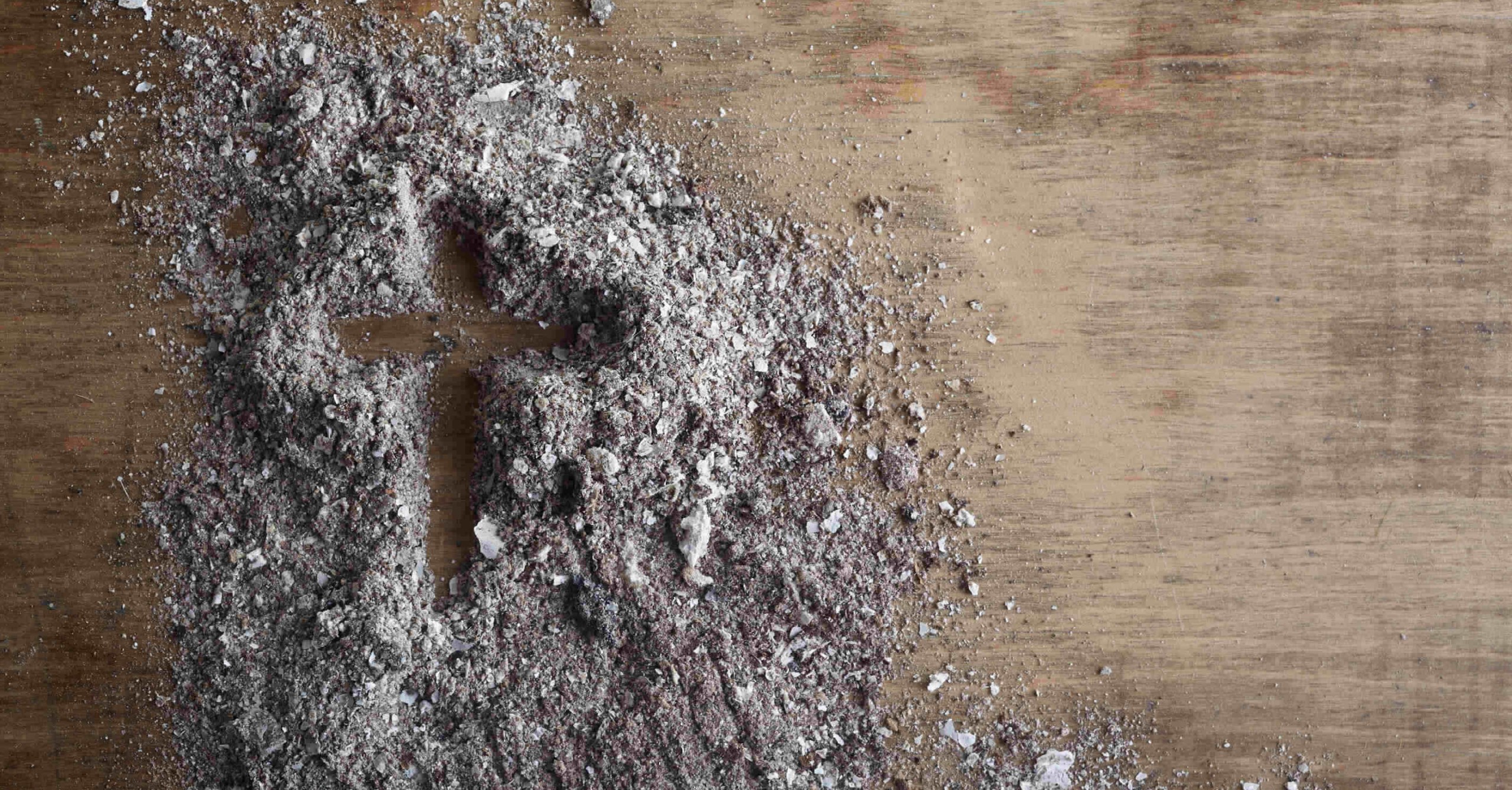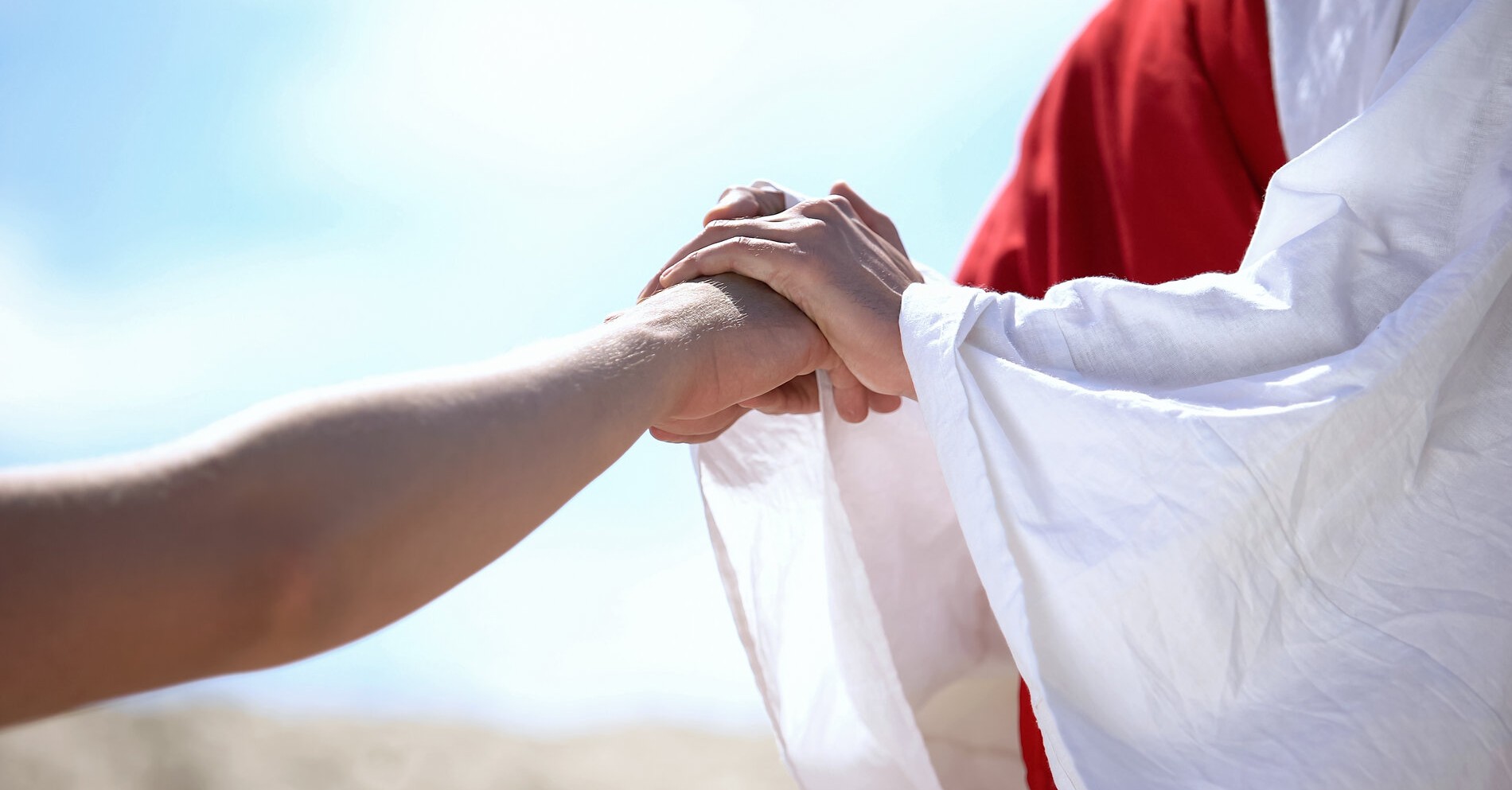Advent 3, 13 December 2020
If eight months ago a pharmaceutical company had announced a COVID-19 vaccine, their stocks would have gone through the roof. If there were a YouTube video about the secret of happiness, it would instantly receive a million views. There’s a big difference between being happy and being joyful:
- Happiness comes and goes: some days we’re happy, others we’re not. It’s an emotional reaction to an external stimulus.
- Joy is like a well of living water coming out of a reservoir called the heart, where Christ is. It’s experienced despite things around: even when someone isn’t doing well, “the joy of the Lord is my strength.”
Even while waiting for Christ’s Coming, we’re not sad or sorrowful, but our hearts are filled with joy.

When the Bible speaks of the Messiah, many questions come to mind:
- Why did God promise a Messiah?
- Why does humanity need a Messiah?
- What would be the Messiah’s mission?
The first reading answers these questions: God’s Anointed One will bring good news to the meek, the poor and the afflicted, heal the broken-hearted and set free those who are captive and in prison.
The temptation and fall of man
How did humanity reach the condition Isaiah described? After the Creation and what Adam and Eve did in the garden:
- God cursed the serpent more than any animal
- God didn’t curse the woman, but said, “I will multiply your sorrow in conception; in pain you shall bring forth children. You desire shall be for your husband and he shall rule over you”
- To Adam He said, “Cursed is the ground for your sake; in toil you shall eat of it all the days of your life” [1]
The rest is the history of humanity as a result of severing their relationship with God. Pope John Paul II said, “In a world where everyone is driving cars with flat tires, people end up believing that it’s normal to drive cars with flat tires”. Is it normal that the world is filled with hunger, poverty, injustice, endless wars, conflicts and suffering? Should we accept it as normal? The answer is no – everything God created was good. Something happened in the garden, of which we’re always reminded.
It’s for that particular reason that Jesus the Son of God was sent as Messiah to bring change. That’s why we look to God and His promise: what isn’t normal must be made normal. God promised a Messiah who would liberate the creation and undo the consequence of the actions of the first humans.[2]
Sabbath rest
One of the Commandments given to Israel, which Christians have adopted, is the weekly celebration to worship God: the Sabbath, or the Christian Sabbath. The Christian Sabbath is the Sunday Mass, the celebration of Christ’s Resurrection. Sunday is not only a day to rest physically and to be spent in leisure and other activities, but we’re to cease from all human labour so we can worship God and see things through the cross and from His perspective, so that we’ll never lose sight of His plan.
The Sabbath isn’t limited to a weekly celebration: in Leviticus 25:3-5, God told the children of Israel that it’s not only humans who need rest, but even the land should be given rest every seventh year – a holiday for a whole year. After seven cycles of seven years, in the fiftieth year was the year of jubilee: Jewish slaves were set free, and lands reverted to their former owners. How would they eat if they didn’t work for a year? Leviticus 25:21-22 describes something amazing about God’s provision and how He can take care of His people. He had said, “I will be your God and you will be My people”: meaning, “If you worship Me, I’ll take care of you and provide for you.” After they worked for six years, God blessed them in the sixth year with enough produce for three years.
As we celebrate Advent and speak of preparation, expectation and longing, this points to the rest of humanity and creation at Christ’s Coming. His Coming will bring the rest promised to the children of Israel in the Sabbath. Beyond physical rest and cessation of labour to worship, it points to rest from the curse, from slavery to sin and death, from all the burden and devastation that sin brought to creation; this is why we’re to celebrate the Sabbath. As Jesus said, Sabbath was created for man, not man for the Sabbath.
Romans 8:22 says creation must be released. Something mystical happens when a mother experiences birth pangs, but when the baby comes out she forgets about the pain and travailing, and joy comes. Paul says that creation and humanity are going through birth-pangs in waiting and longing to be released from the curse that came through Adam. That’s why Christians celebrate the Eucharist and worship; in Advent we’re reminded of the joy our Messiah will bring because finally we’ll be released from the burden of sin and death.
We have joy in Christ
Friedrich Nietzsche said Christians are the saddest people; but others disagree. Someone else said, “Take a saint, put him in any condition, and he knows how to rejoice in the Lord”. Because Jesus, the source of our joy, reigns in our hearts, joy isn’t based on our circumstances. The joy of God is placed in our hearts and becomes the source of our strength. In any kind of condition, Christians will find a way to rejoice, because they’re in the hands of Almighty God, and Jesus is at the centre of their hearts. Isaiah, John the Baptist and Mary were all filled with joy of expectancy at the Messiah’s coming.
Pope Francis said, “A Christian is one who is invited… to join in the feast, to the joy of being saved, to the joy of being redeemed, to the joy of sharing life with Christ. This is a joy! You are called to a party!” Whenever we celebrate the Eucharist, we’re coming to a party of people who’ve been forgiven. In spite of our imperfections God loved us; when we were lost He brought us in – not because of our own merits, but because of what Christ has done. That’s why, although things happen around us, deep inside there’s a reservoir of joy where Jesus is at the very centre. May we draw joy from the well of that reservoir today: that’s what God promised. As we celebrate the Eucharist, it’s a time to rejoice. May the joy you receive become your strength, that whatever comes our way, we have the strength to face it, because the joy of the Lord is our strength.
[1] Genesis 3:14-19
[2] Genesis 3:15









